‘May you live in interesting times.’ Chinese curse
If you ask me ‘What’s new?’, I have nothing to say – Except that the garden is growing. I had a slight cold but it’s better today. I’m content with the way things are going. Yes, he is the same as he usually is, Still eating and sleeping and snoring. I get on with my work. He gets on with his. I know this is all very boring.
There was drama enough in my turbulent past: Tears and passion – I’ve used up a tankful. No news is good news, and long may it last. If nothing much happens, I’m thankful. A happier cabbage you never did see, My vegetable spirits are soaring. If you’re after excitement, steer well clear of me. I want to go on being boring.
I don’t go to parties. Well, what are they for, If you don’t need to find a new lover? You drink and you listen and drink a bit more And you take the next day to recover. Someone to stay home with was all my desire And, now that I’ve found a safe mooring, I’ve just one ambition in life: I aspire, To go on and on being boring.
-Wendy cope (Being Boring)
The Trojan war was an ‘interesting time’, full of soaring and plummeting humanity – it lasted 10 years. The curse of the interesting time, however, began after the war – in the journey of Odysseus back home to Ithaca. It would be 10 more years before he saw Ithaca. On his voyage home, his ship driven by foul winds reached the land of the ‘Lotus-Eaters’. The Lotus Eaters were a peaceful people who ate the fruit of the lotus tree – a nepenthe that induced peaceful apathy and quelled any sorrow or longing. Odysseus had to drag his men weeping and crying back to the ship and tie them to the oars for they had lost all urgency and desire for home, having tasted the nepenthe. The land of the lotus eaters was merely a distraction for Odysseus as he was fueled by the Nepenthe of a prophecy: That he would indeed make it back to Ithaca and live to die of old age, but he must carry his oar so far inland, that it’s mistaken for a spade – only then would he find peace, far away from the sea.
Many centuries later, Odysseus, also known as Ulysses wandered the streets of James Joyce’s Dublin, distracted by a more contemporary breed of lotus eaters. Far from violent storms, shipwreck, giants, monsters, gods, witches, prophecies and interesting times, Ulysses takes place on an ordinary day, much like the Wendy Cope’s Nepenthe of contentment – ‘Being Boring’. Despite being a definitive work of literature Joyce complained “The pity is … the public will demand and find a moral in my book—or worse they may take it in some more serious way, and on the honour of a gentleman, there is not one single serious line in it!”
While there’s a chance one might miss the optimism of contentment in Wendy Cope’s poem, it’s impossible to miss the Nepenthe in music!
“And I went to the doctor, I went to the mountains, I looked to the children, I drank from the fountains, There’s more than one answer to these questions pointing me in a crooked line, And the less I seek my source for some definitive, Closer I am to fine” sang the Indigo Girls in the earliest of 90s with their vibrant, jangly, melodic, folky freshness, undeniably delivering the essence of Joyce’s lament and Wendy Cope’s contentment: Not to take life too seriously- It’s only life, afterall! – the most voiced and equally vibrant, floral, fresh note in this Spring Nepenthe. Made from a cultivar known as Tukdah 383 and short of being carbonated its sweet aroma bears the sensibility of a refreshing lemonade in the summer heat – Lime-Lemony, almost like a carbonated beverage. It’s complicated – Floral and Herby like Parsley that mixes with Vanilla, Menthol and Mint – but definitely not to be taken seriously, when it settles on the sweet, lemony, tad short of carbonated flavor – it’s only tea after all! The second steep brings out the Tomato, Butter and ketchup like notes with a very-very refreshing aftertaste. The spring notes are surprisingly feisty and relieving – it’s more like a refreshing summer Nepenthe.
“Quaff, oh quaff this kind nepenthe, and forget this lost Lenore!” – Edgar Allen Poe ‘The Raven’
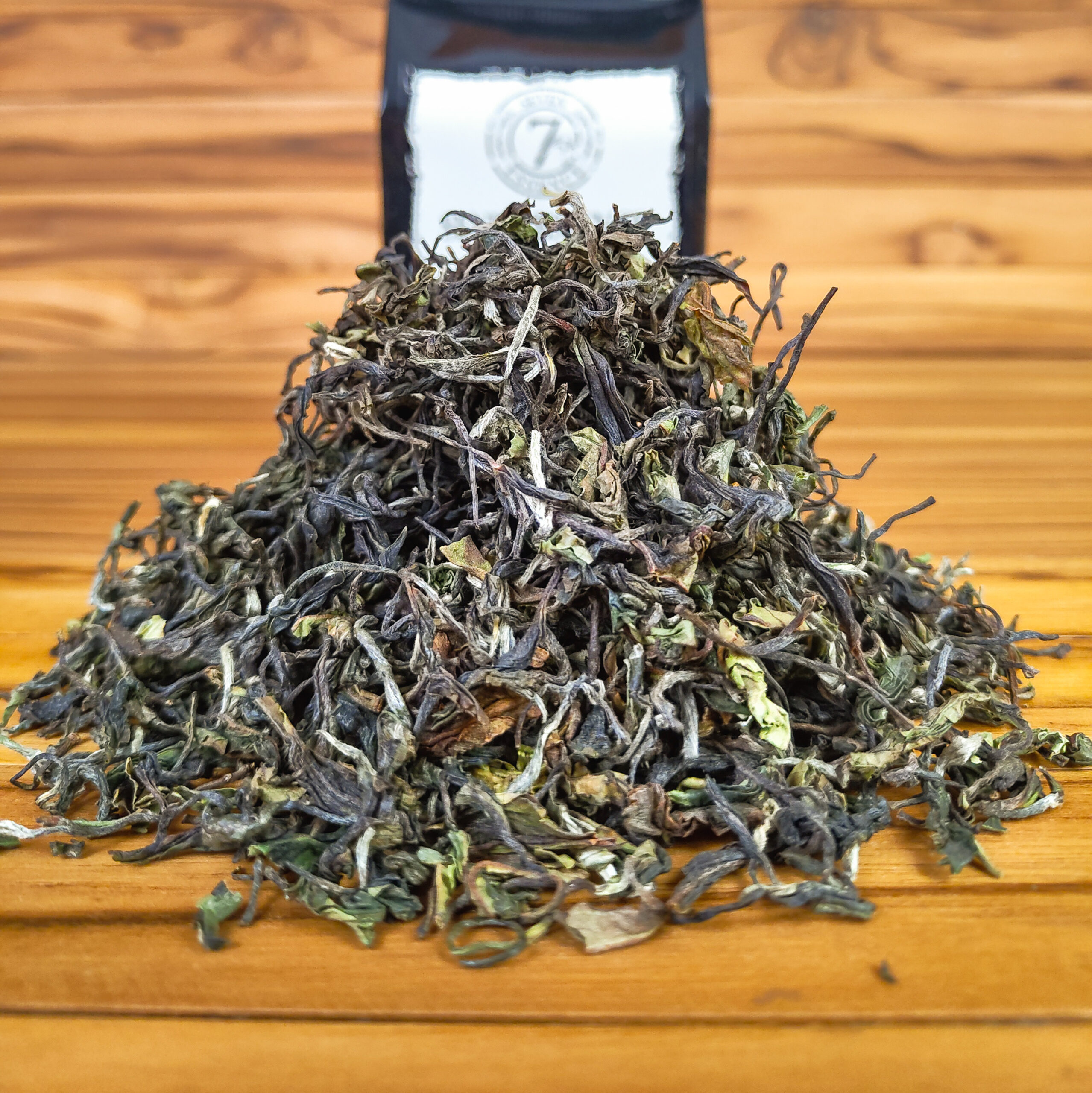
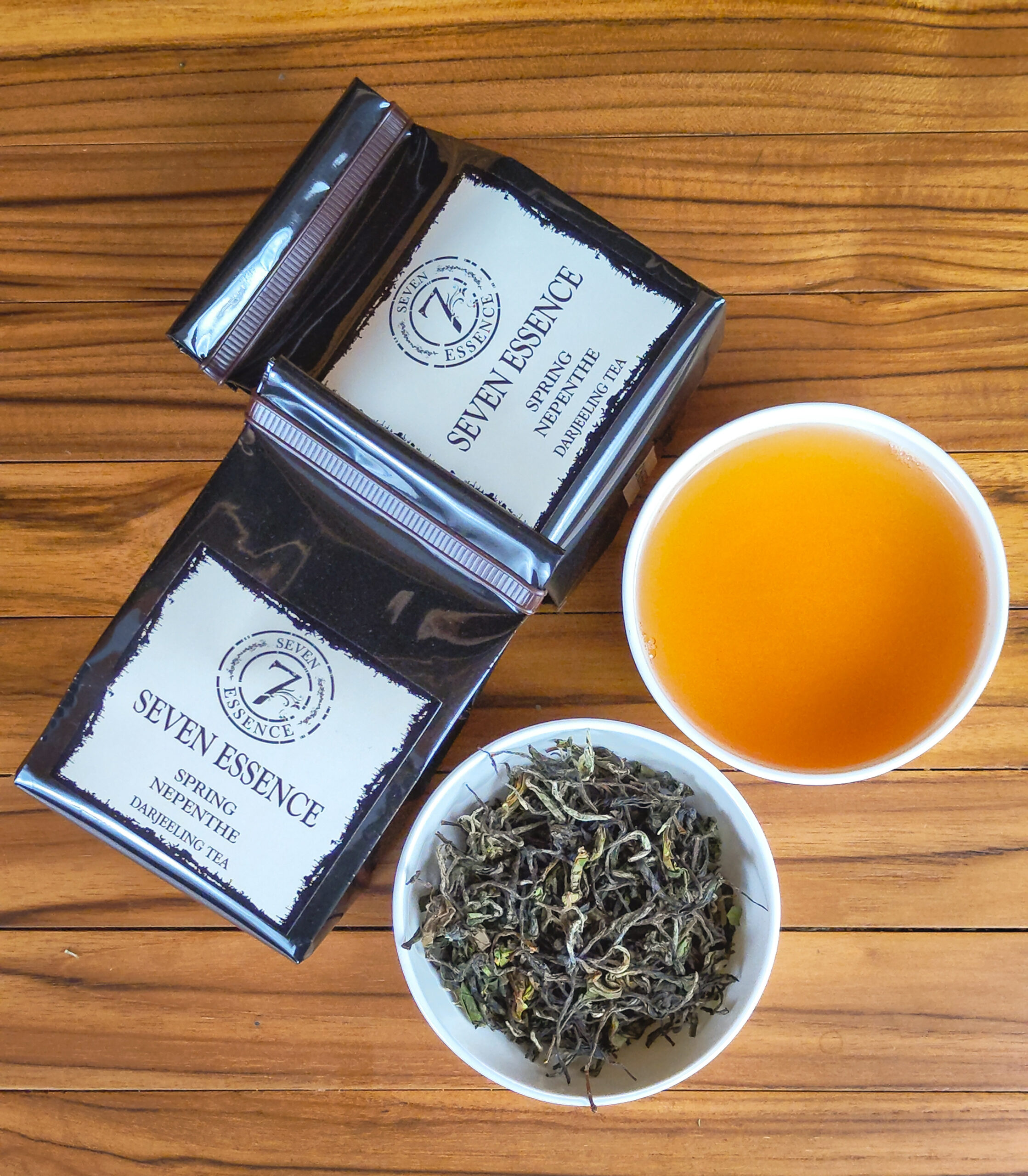
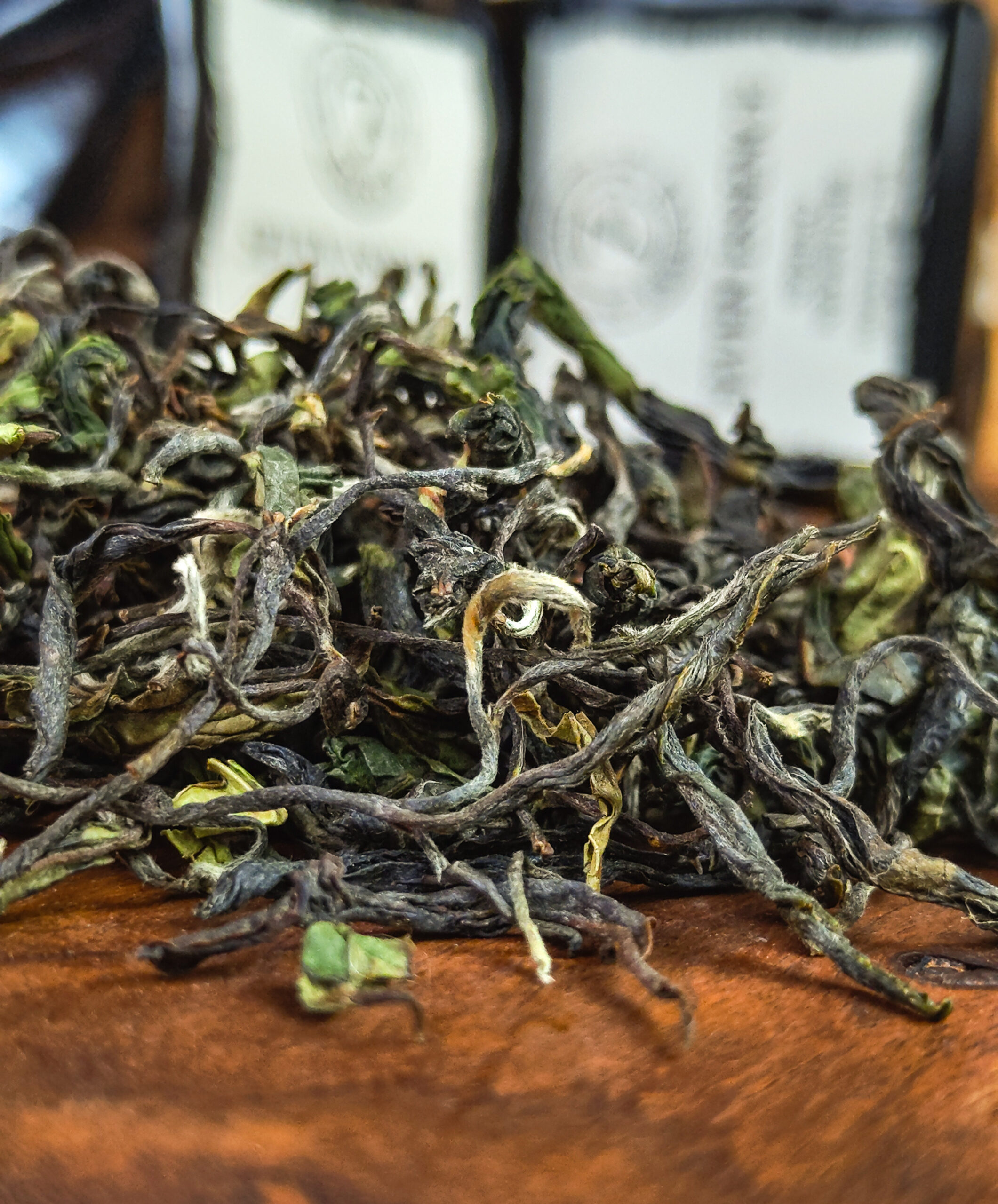
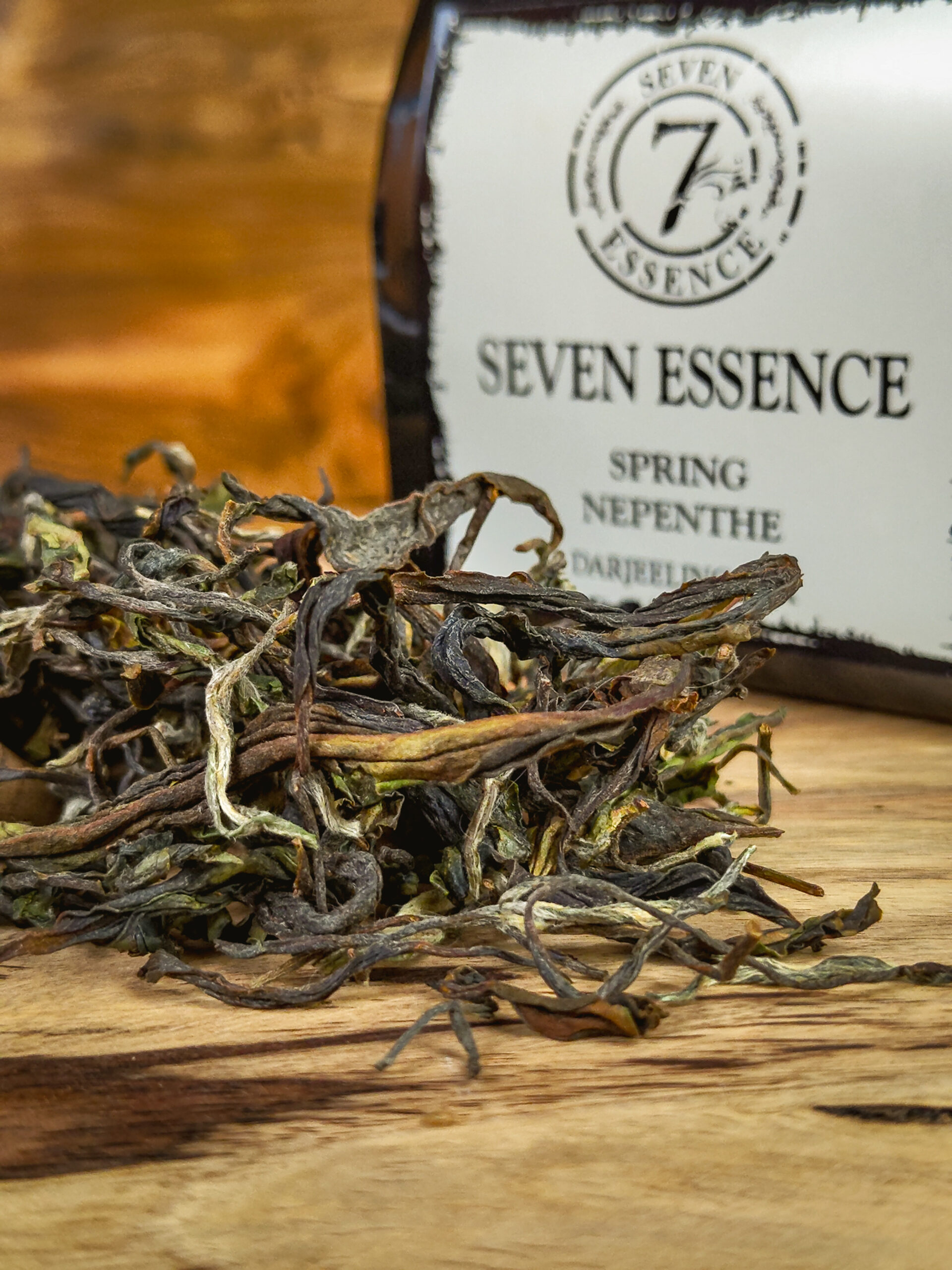
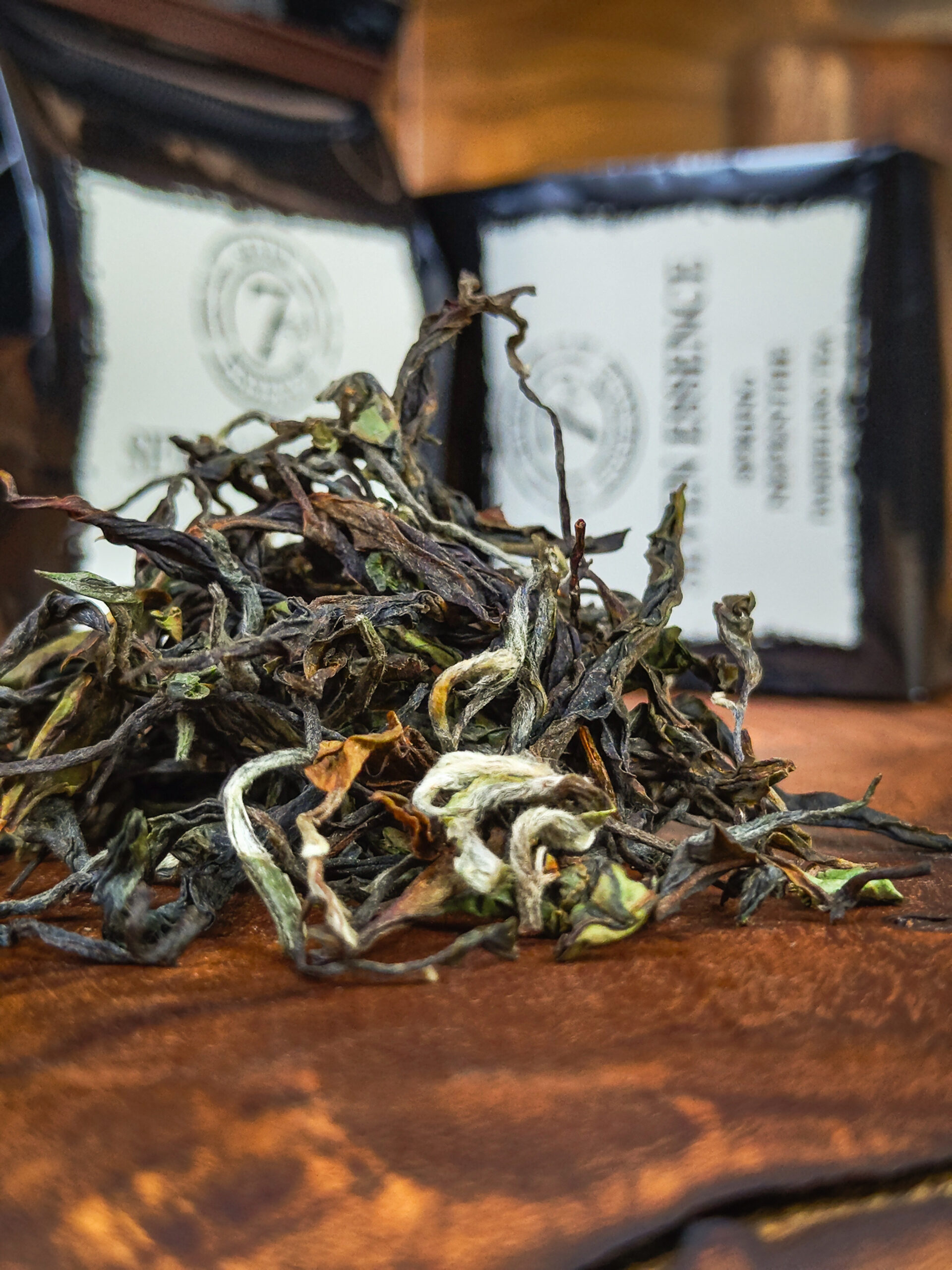

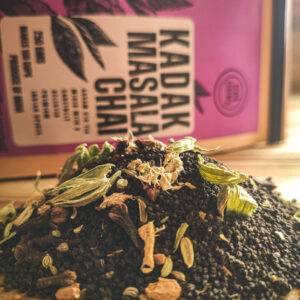
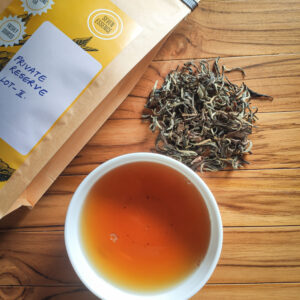

Reviews
There are no reviews yet.